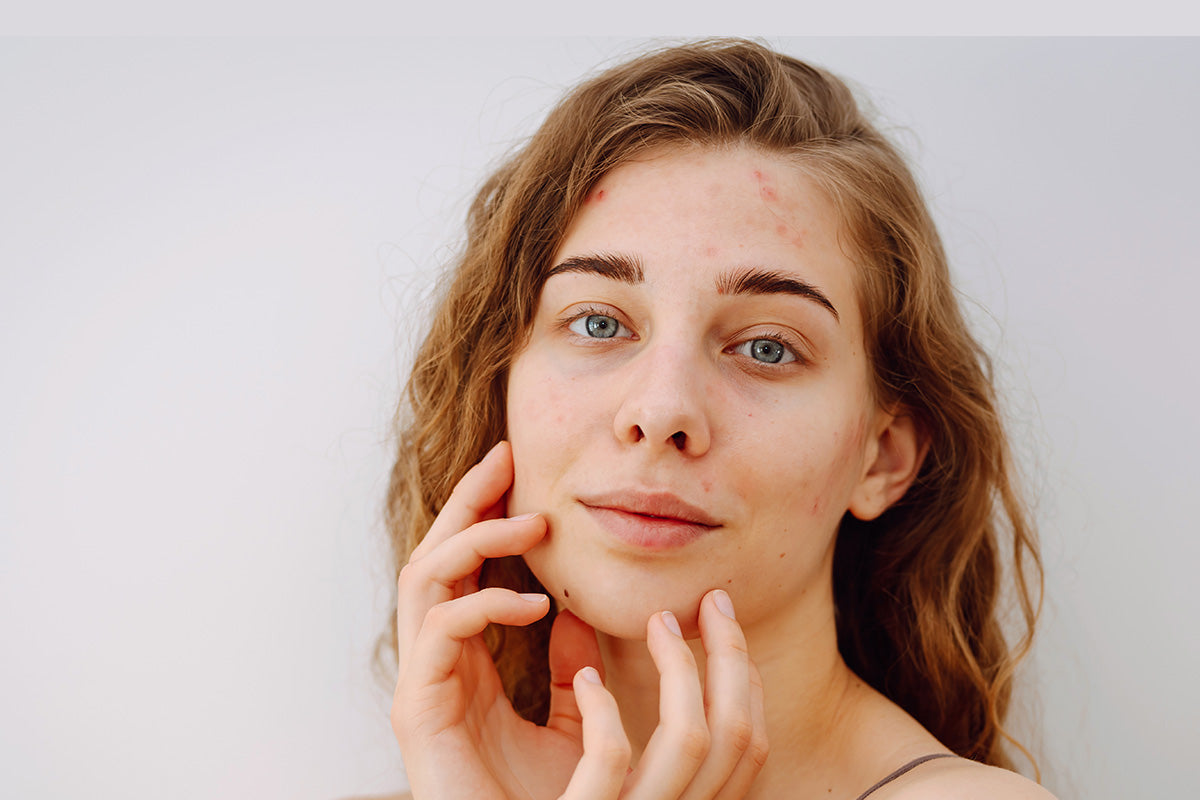
The sensitive skin guide: how to calm flare ups and manage skin sensitivity
There’s a lot of confusion surrounding sensitive skin, probably due to the fact that everyone’s skin, has at some point been sensitive or had a reaction to something. And considering the amount of skincare with either fragrances or potent active ingredients on the market, this is hardly surprising. But when sensitive skin is a permanent issue, it can be tricky. Working out how to build a reliable but still effective daily skincare routine can be difficult.
I asked consultant dermatologist Dr Ophelia to dispel the myths about sensitive skin and share what’s important to know from working out whether you have it, to the products to utilise to calm flare ups and other products to trust on a daily basis.
What is sensitive skin?
Sensitive skin for many people is more of a perception of how our skin feels after using certain products, rather than a medical diagnosis. The symptoms can be burning, itching, redness, tingling, stinging, redness or a rash. Sensitive skin can either be a result of an immune reaction to a product causing a contact allergy or an irritant allergy. In either case, it occurs when the skin has been exposed to the wrong products.
What is the difference between a skin allergy and irritation?
Repeated exposure of the immune cells in the skin to known allergens can cause a delayed type allergic reaction, which means on exposure to the ingredient it can often take weeks to develop symptoms and not necessarily in the area the product was applied.
Irritation is something anyone can develop if the skin is exposed to certain ingredients. Excessive hand washing for example, can cause a reaction as water and soap are irritants. This is not an immune
reaction, but is a reaction caused by putting the wrong products on your skin which cause it damage.
What is a ‘wrong product’ that can cause skin sensitivities, allergies and irritants?
Luxury skincare often contains many known allergens and irritants such as fragrances and certain preservatives. There is a list of common allergens that dermatologists test against when patients are presenting with skin sensitivities/ allergies and irritation. The basic list is the European baseline series, but other ingredients can be added according to profession (e.g. there is a hairdresser/ beautician’s panel and one for medical workers.)
How do I know if my skin problem is related to the products I am using?
If you are unsure and have problems calming down a persistent flare up or an ongoing issue such as dermatitis, then book a visit to a dermatologist. Patch testing can accurately diagnose what ingredient is causing the problem and can help clear things up.
Can light cause skin sensitivities?
Yes, a rare form of light triggered photosensitivity exists called a phytophotoallergic reaction. It’s an inflammatory reaction caused as a result from contact with a light-sensitizing botanical agent followed by exposure to UVA light from the sun.
Who can get skin sensitivity, allergies and irritation?
Anyone can suffer with product related skin problems but the most prone are patients with inflammatory skin diseases (like eczema) or a genetic tendency to inflammatory skin conditions. These people are more likely to have an impaired skin barrier so are more prone to getting skin sensitivities, allergies or irritation.
Why is the skin barrier important?
The skin barrier refers to the skin’s ability to protect us from dehydration, infections, pollution, allergens and irritants. Maintaining the outer structure of the skin is therefore the cornerstone for healthy skin. A good analogy is to think of an intact skin barrier like a brick wall held tightly together with cement. When the skin barrier is damaged, the skin cells and the cement between them can crumble and cause the skin barrier wall to fall. This makes the skin barrier less able to hold hydration in and protect us from external elements that can cause irritation and sensitivity.
How to treat sensitive skin and flare-ups
Getting skincare advice from your dermatologist is the first port of call and it would normally comprise of stripping your skincare right back to a very simple routine using all non-fragranced products. Use simple cleansers like Cetaphil Gentle Cleanser or CeraVe Hydrating Cleanser. And follow with a gentle moisturiser such as Cetraben Lotion and a good SPF such as Skinceuticals Skin Brightening UV Defense SPF 30 - it’s a very good lightweight formulation which is tolerated well by sensitive skin.
It’s important to stick to gentle products until redness, dryness or skin sensitivity has improved. Alcohol, fragrances and acids such as glycolic or salicylic acid can disrupt the skin barrier further so again it’s best to avoid these if you are prone to skin sensitivity and keep things simple.
Over the counter 1% hydrocortisone cream may help calm down a rash or flare-up if you can’t see a dermatologist straight away.
Once your skin has calmed down, you can introduce good quality active ingredient serums if you have other skin concerns to be be treated (be it pigmentation or lines and wrinkles). The Dr Ophelia range of bespoke treatment serums are tailored to each individual’s needs and are made without any fragrance and preservatives using
the highest quality professional strength actives and are well tolerated by sensitive skin.
And remember if in doubt, test new products by applying them to the wrist for a few days to check your skin is ok with it before using on your face and neck.
Finally, you may find your perfume is making skin sensitivity worse and causing the neck to become a bit itchy and red. It’s never a good idea to spray perfume directly on the neck anyway – much better to spray it on to clothes.
By Lucia Ferrari
Shop Bestsellers


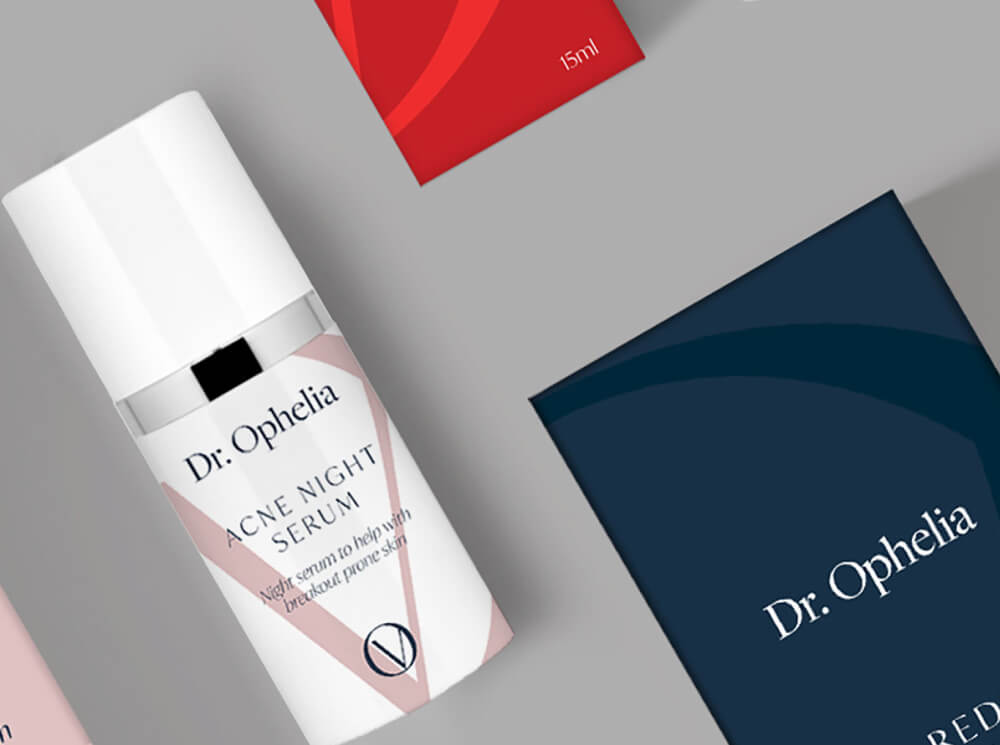



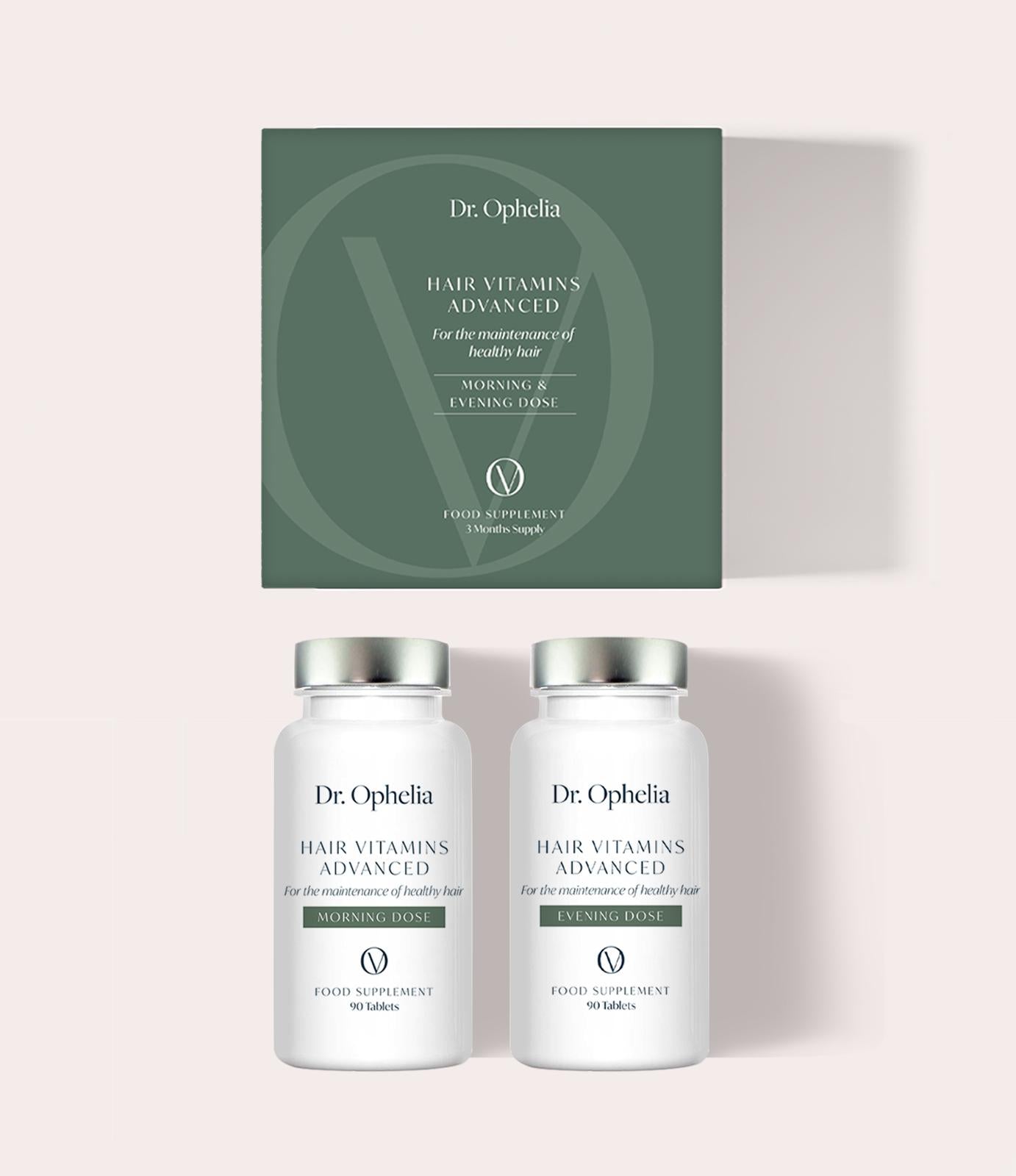
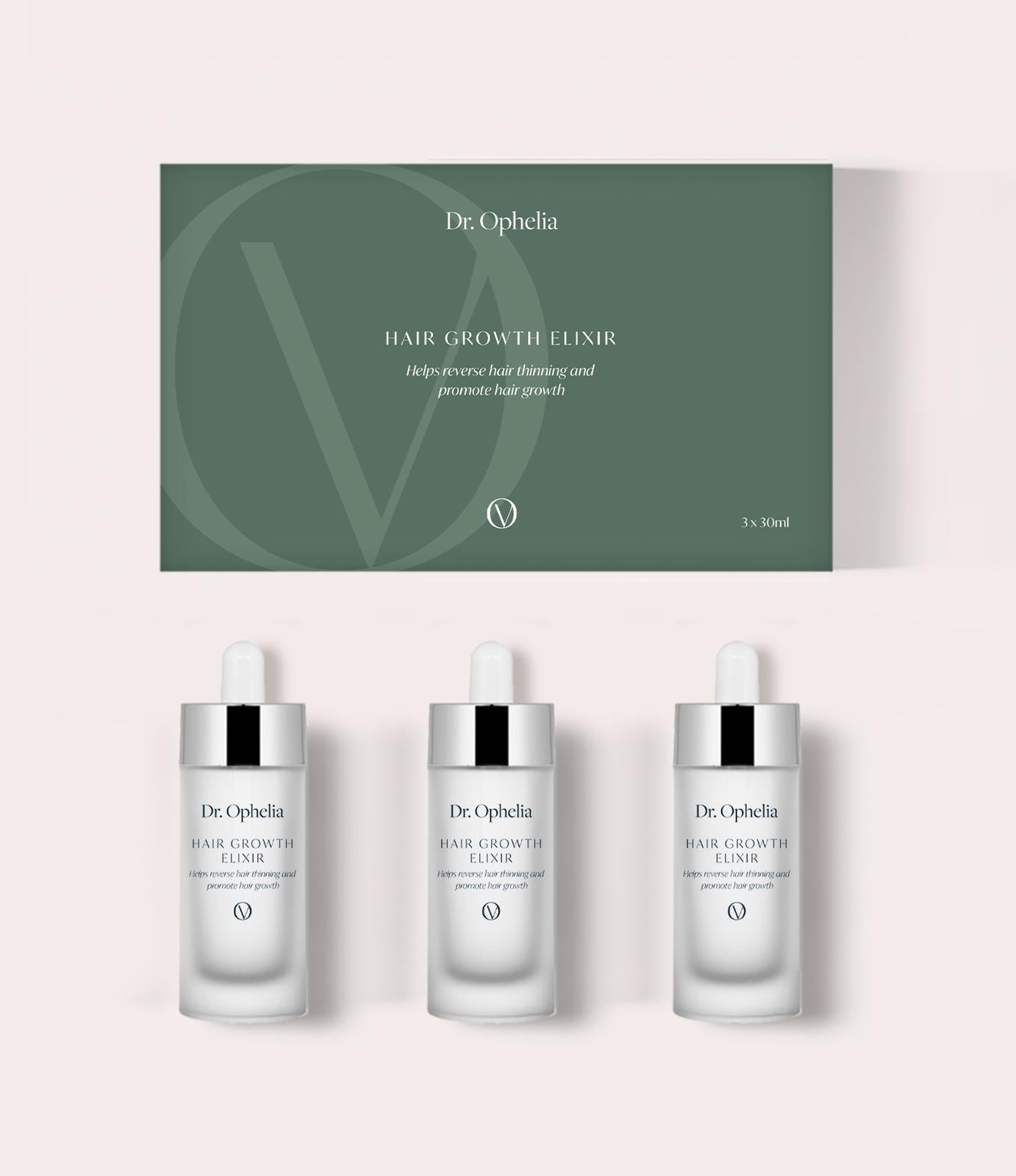
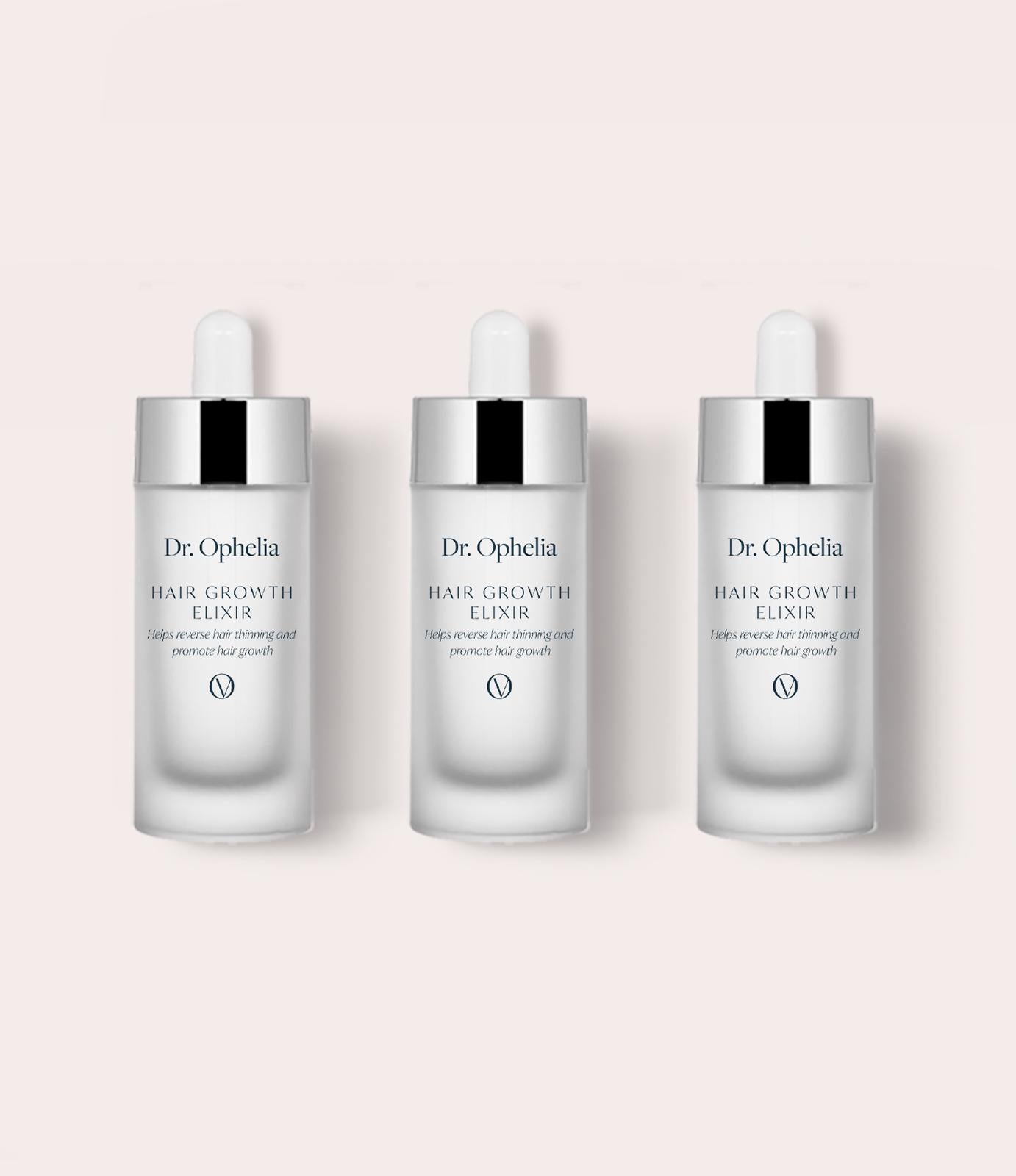
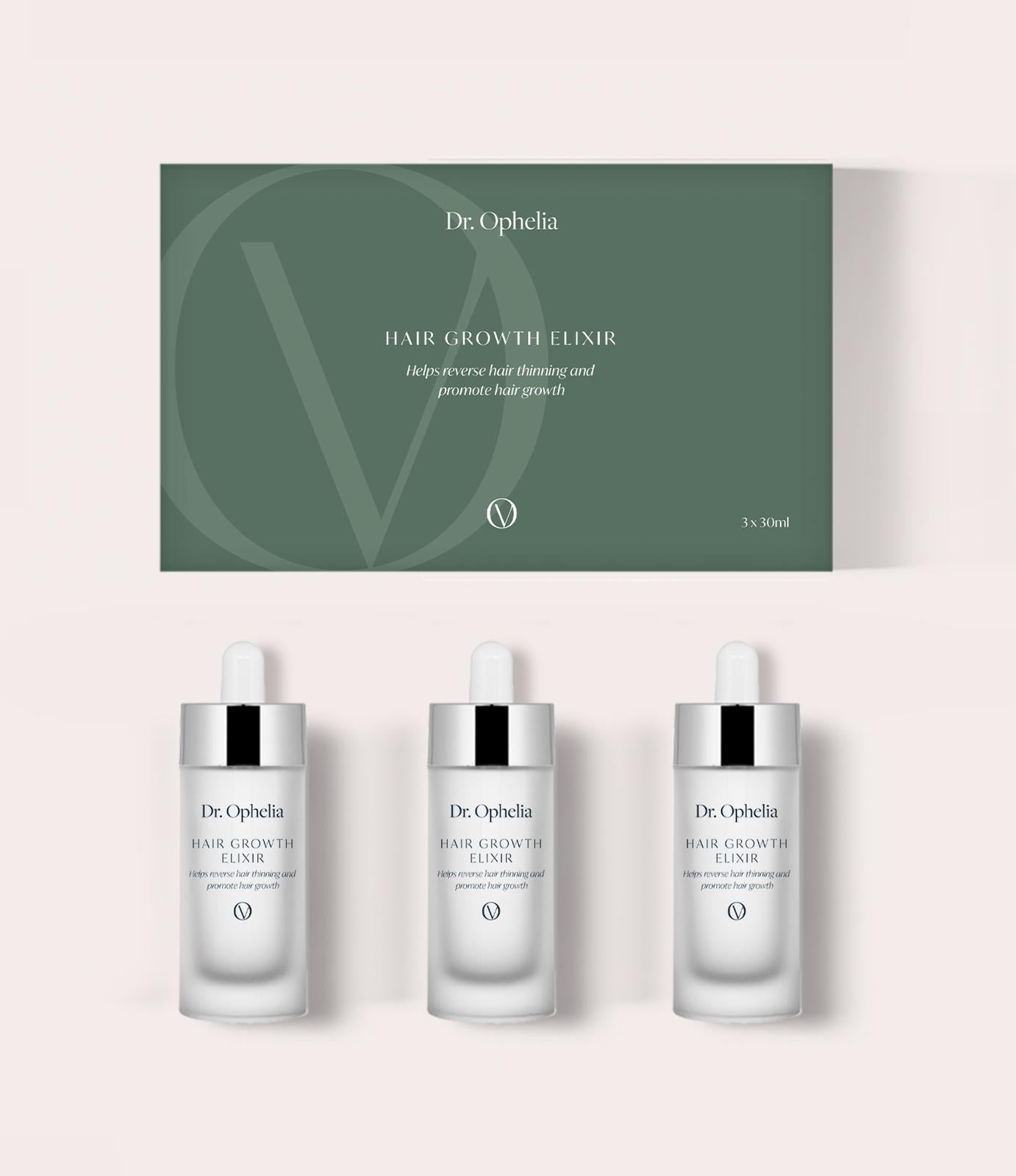
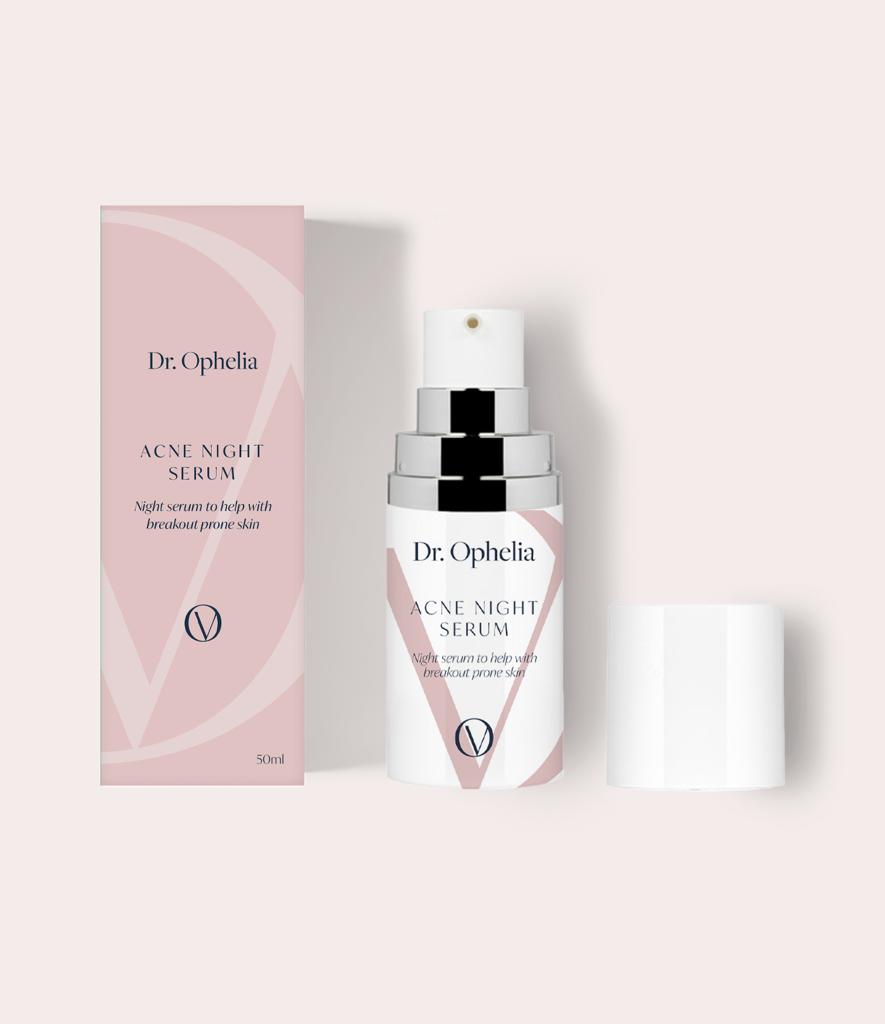
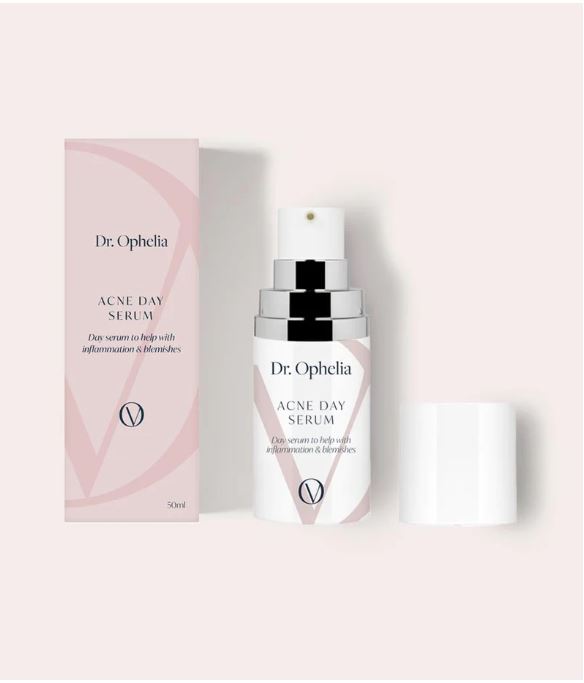
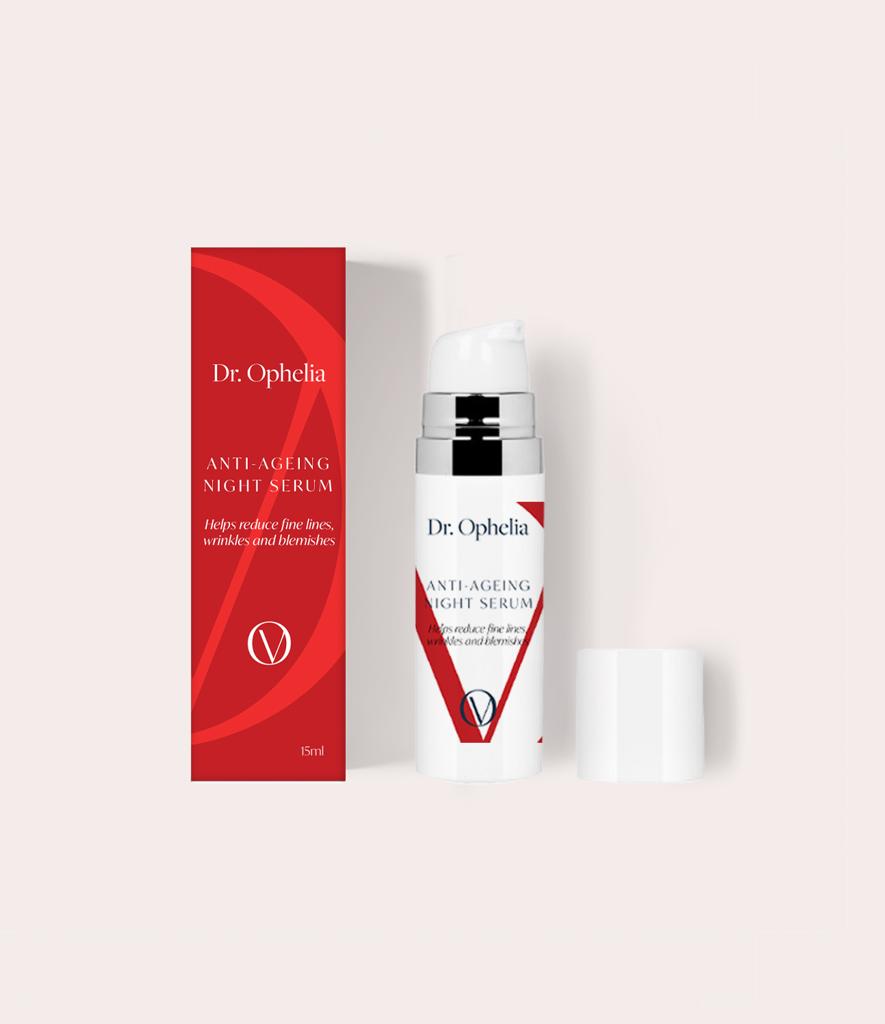
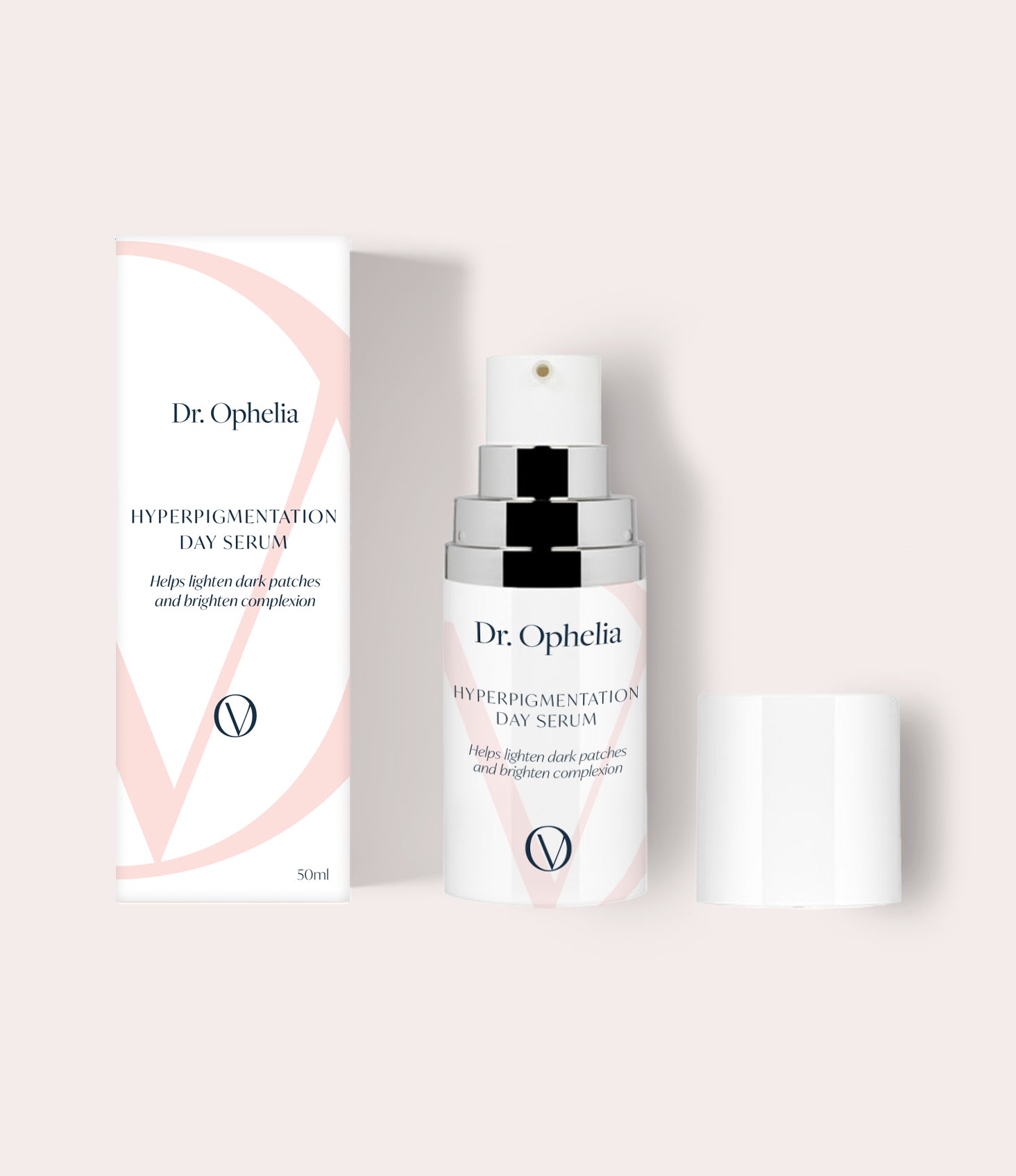
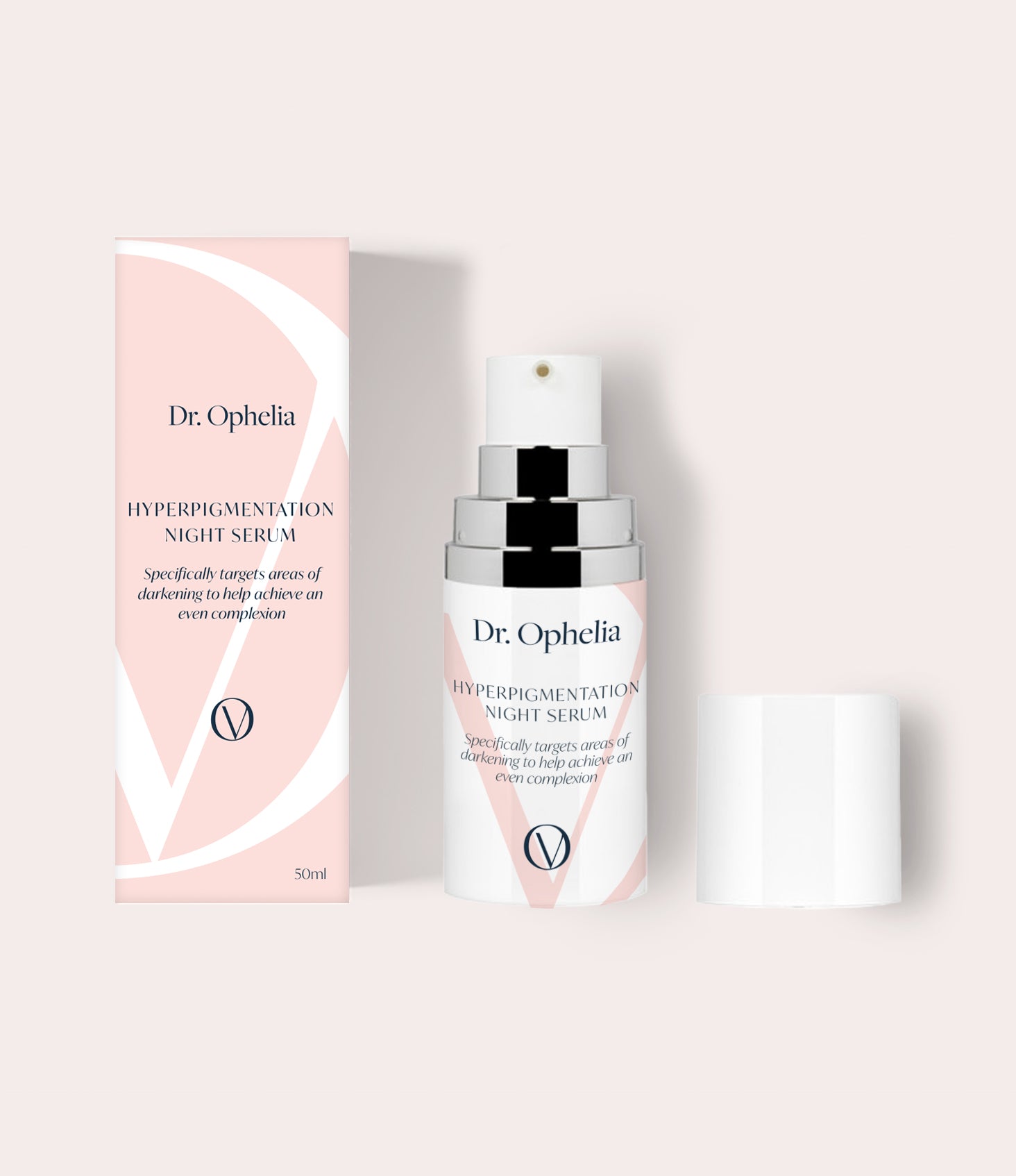
Leave a comment
This site is protected by hCaptcha and the hCaptcha Privacy Policy and Terms of Service apply.